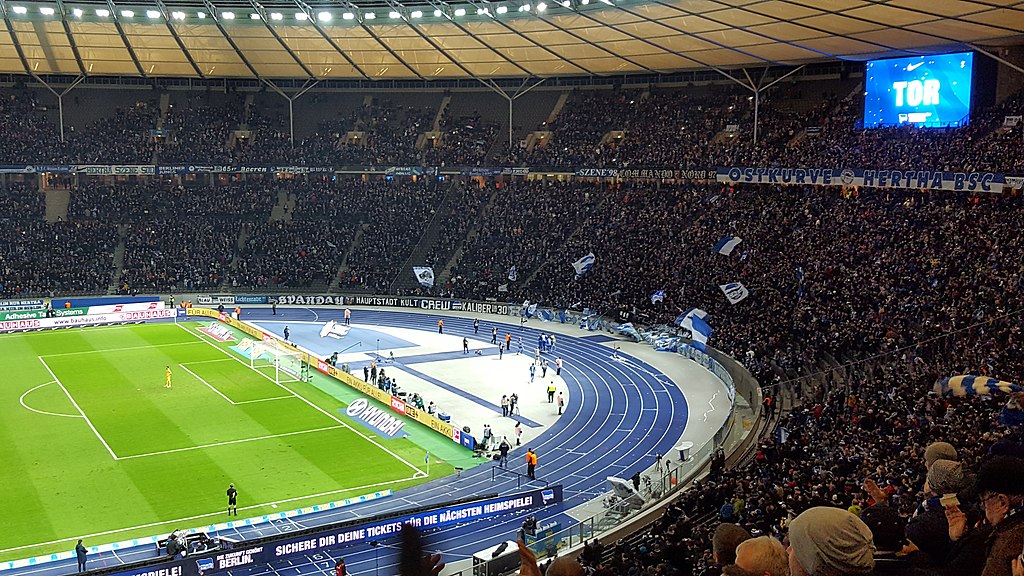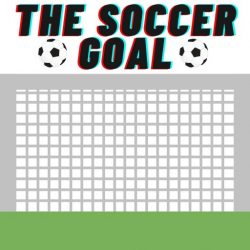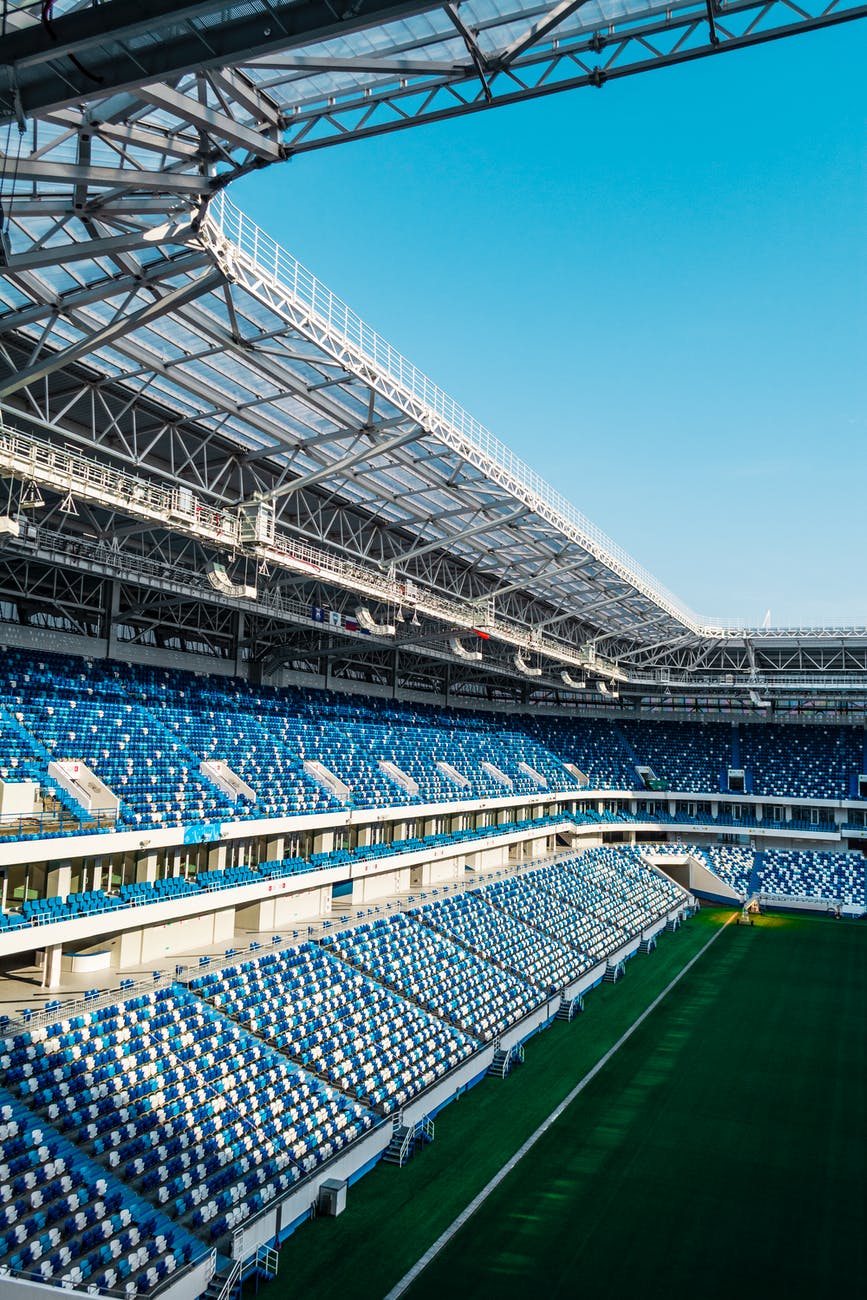
When Hertha Berlin beat Hamburg SV in the Bundesliga Promotion/Relegation Play-offs last year, it looked like the club had turned a corner. Hertha, which had not been in Germany’s second tier since 2013, endured a miserable season but some late victories were enough to stay alive. However, a final-day defeat combined with a late Stuttgart winner meant that the club faced Hamburg SV in the Promotion/Relegation Play-offs.
After defeat in the first leg, two goals in the second ensured the capital club would avoid relegation. Sandro Schwarz, fresh off a successful stint with Dynamo Moscow, was named as manager immediately afterwards, with Hertha bringing in several new players to strengthen the side.
Unfortunately, the season got off to the worst possible start — a penalty kick loss in the DFB Pokal to second tier side Eintracht Braunschweig. They played their Bundesliga opener a week later, losing 3-1 to fierce rivals Union Berlin. Hertha didn’t win until the fifth matchday, and then immediately hit another six-game winless streak.
It was a sign of things to come for Die Alte Dame, who failed to win consecutive matches all season. Schwarz was fired with six matches left, and while replacement Pál Dárdai helped the club win two matches, they were relegated with a match to spare.
Now, Hertha is undergoing a complete rebuild. Veterans Rune Jarstein and Stevan Jovetic are leaving at the end of their contracts, as is captain Marvin Plattenhardt. Kevin-Prince Boateng joined the departures, retiring after the club was relegated. They won’t be the only free departures, as Jean-Paul Boëtius, signed from Mainz at the beginning of the season, has a clause in his contract allowing him to leave for free if the club was relegated.
They are making some money with sales. Maximilian Mittelstädt left the club after eight years, signing for Bundesliga side VfB Stuttgart for a reported €800k. Santiago Ascacíbar, who was signed from Stuttgart for €10 million in 2020, returned to Argentina with Club Estudiantes de La Plata for €2.5 million. Another 2020 signing, Omar Alderete, moved to La Liga side Getafe for €4 million. There will definitely be more departures from the Olympiastadion.
There are always new names coming in. Danish prospect Gustav Christensen is arriving from FC Midtjylland for €250k, showing the recruitment pull the club still has. Meanwhile, two 2. Bundesliga veterans, Fabian Reese and Marius Gersbeck, have arrived to help them earn promotion. Dárdai will likely request more new signings as he looks to guide his old club back to the top flight.
However, he already has options inside the organization. The u19s won their regional division, and several of them look ready to break through to the first team. Ibrahim Maza, only 17, was the Bundesliga’s youngest goalscorer last season, and if the club can fend off interest, he could have a great season. Pál Dárdai’s son Bence Dárdai is another top talent to watch, having helped Germany win the u17 Euros.
The worst thing Hertha could do is panic and sign a bunch of older, expensive veterans and go all out for promotion year one. The 2. Bundesliga is very tricky to escape, with only two teams guaranteed to be promoted each year. That’s why historic clubs like Hamburg SV and Hannover 96 have been stuck in the second tier for years — although it could be worse. Arminia Bielefeld brought in 14 players, many of whom were 2. Bundesliga veterans, only to be relegated for a second consecutive season. Now, the club is falling apart.
If Hertha returns to the Bundesliga year one — a tall task with the big names in the second tier — they’re in a good position. If they finish just below promotion, or even high mid-table, the club is still fine. The long-term vision is what is important right now, and Hertha is working on it.
–
Image Courtesy of Ericof, CC BY-SA 4.0, via Wikimedia Commons.


